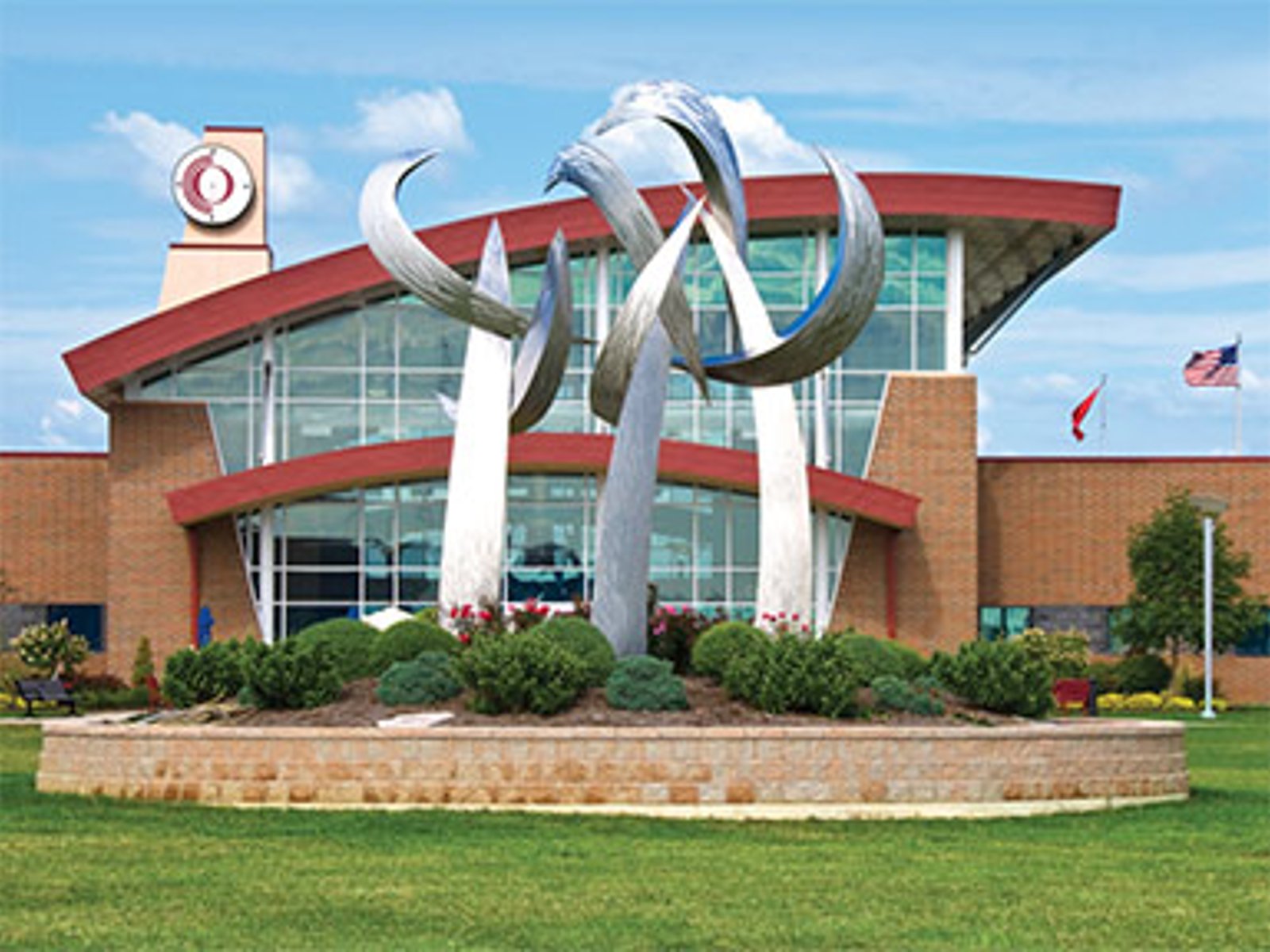Through the NSF EPIIC project, Cuyahoga Community College (Tri-C), Tuskegee University, Youngstown State University, Madison Area Technical College, and Owens State Community College will create partnerships, develop capacity, and secure future funding to support ongoing efforts in emerging technology fields and regional innovation ecosystems. To achieve this goal, the College will enhance its existing advisory committee structure by aligning activities with the Business and Industry Leadership Team (BILT) model, creating a Center for the Future of Work, and embedding the Workforce Partnerships team as the front door to business engagement.
The Center for the Future of Work will study and propose solutions to challenges employers are facing regarding candidate scarcity, fewer job applicants overall, technical skills mismatch, interest mis-match, misalignment between compensation and benefits expectations, changing demographics, employee burnout and mental health, and adapting to hybrid work models. The rapid pace of technological advancement necessitates continuous upskilling and lifelong learning to remain relevant in the future job market.
The main goal of this project is to improve the connection between College to the workforce ecosystem. The project will focus partnerships within this ecosystem around innovation, productivity, and individual empowerment in emerging industries. The Center for the Future of Work (CFW) will spearhead the engagement of partnerships to conduct sustained, coordinated research on the challenges facing our workforce ecosystem. The CFW will leverage federal, state, and private funding opportunities to expand the most effective activities, pilot new initiatives, and launch research. The project will address the growing need for workforce development in new and emerging technologies, by leveraging collective strengths and resources that can build sustainable partnerships that benefit our institutions, industry partners, and the broader community.
Madison Area Technical College
Madison Area Technical College is building a new center for emerging electronic manufacturing technologies, focusing on semiconductor fabrication, automated PCB assembly, and quantum photonics. Through its EPIIC-funded CHIP project, Madison College will expand hands-on training, faculty development, and partnerships with industry to drive workforce innovation and economic growth. The initiative will prioritize creating pathways for underrepresented populations and strengthening the regional high-tech ecosystem.
Cuyahoga Community College
Cuyahoga Community College (Tri-C) is leveraging its EPIIC funding to launch the Center for the Future of Work, a hub designed to strengthen industry partnerships, research workforce challenges, and drive innovation in emerging technology fields. By aligning activities with the Business and Industry Leadership Team (BILT) model, Tri-C will enhance collaboration with employers to address skills gaps, demographic shifts, and hybrid work models. The initiative aims to create sustainable pathways for workforce development and economic growth in Northeast Ohio.
Owens Community College
Owens State Community College is participating in the CHIP initiative to strengthen connections with high-tech industries and foster regional economic development. Through the EPIIC project, Owens will focus on creating sustainable partnerships, enhancing workforce development programs, and addressing the evolving needs of emerging technology sectors. These efforts will position Owens to better serve students, industry partners, and the broader Ohio innovation ecosystem.
Tuskegee University
Tuskegee University is participating in the CHIP cohort to expand its innovation capacity and workforce engagement in high-tech and emerging industries. As a historically Black university with a strong STEM foundation, Tuskegee will leverage the EPIIC program to build sustainable industry partnerships and advance workforce training aligned with future technological needs. This collaboration supports Tuskegee’s broader mission to promote inclusive excellence and regional economic development.

Youngstown State University
Youngstown State University is using its CHIP EPIIC award to deepen its partnerships with high-tech industry leaders and enhance experiential learning opportunities for students. By focusing on innovation-driven workforce development, YSU will help bridge the gap between academic preparation and the demands of emerging technology sectors. These efforts will expand the university’s role in supporting Northeast Ohio’s growing innovation ecosystem.










